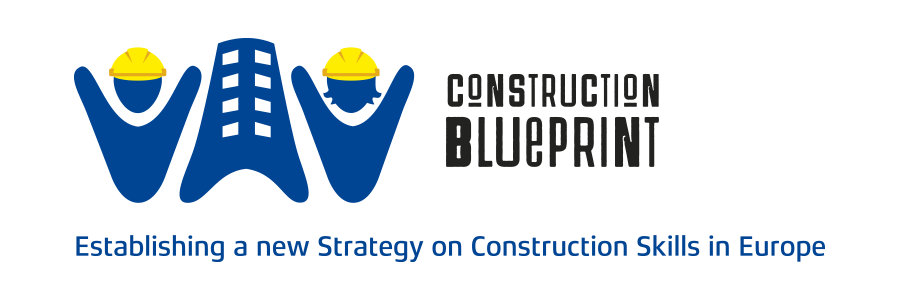
Interview with Dr. Elena Lovera entrepreneur and National Formedil President who gave her consent to publish the interview for the purposes of the Blueprint project
QUESTION: What is your professional/educational background?
ANSWER: I am a building businesswoman, I deal with administration, I did classical studies and I have a degree in public administration economics.
QUESTION: How long have you been working in the construction industry (or dealing with the topic of women in construction) and what are your main professional tasks? In your opinion, what is the reason for this situation?
ANSWER: I am vice president of COSTRADE SRL, a company operating in the public road works sector, I have been working in the construction industry since 2001, I deal with administration, personnel, certifications, banks and contracts and any issue relating to company organization.
QUESTION: How do you rate the current situation of women in the construction industry?
ANSWER: I do not express a negative opinion, I think that as with any evolutionary path, even that of women in the construction world is the result of a path of self-determination in society and a change in the role of women in care work and in the family.
QUESTION: In your opinion, what is the reason for this situation?
ANSWER: Old-fashioned gender training has helped exacerbate the gap. A school education since kindergarten aimed at giving construction toys only to boys has not improved the attractiveness of the sector.
QUESTION: To what extent is this already a change from the past?
ANSWER: Today we are witnessing a promotion towards STEM (Science, Technology, Engineering and Mathematics) of women, but it is still an embryonic process, particularly in Italy, where the social network model is scarce and is promoted (primarily in the family) still a model of higher income by men.
QUESTION: The construction industry is still a male sector. What measures can be taken to significantly increase the proportion of women in the near future?
ANSWER: Promoting STEM from kindergarten, carrying out adequate communication campaigns, stimulating the presence of women (even with women’s quotas) on the board of directors of employers’ and trade union associations.
QUESTION: What does this mean for companies (employer branding) and their recruitment strategies?
ANSWER: In my company I have never received a CV by a woman in the building site. I don’t see any differences in administration.
QUESTION: Which role do trainers have in vocational training centres?
ANSWER: Very low incidence, as the trainers aren’t responsible to increase the attraction towards the sector.
QUESTION: What potential do digitization and green technologies offer in this context?
ANSWER: High, because they place interest on highly interesting skills for girls.
QUESTION: What advantages do you see having more women in the construction professions?
ANSWER: Greater attention to safety. The idea of “take care” is innate in all the women I’ve ever worked with and I think it could be a plus for the organization, as women tend to be multitaskers.
In general these remain my opinions, because I don’t like to generalize and make gender distinctions regardless, I believe that the generational educational and cultural factor has a great deal, men and women who have my father’s age are not accustomed to accepting equality not because they are contrary, simply because they grew up in a different world, society today is ready for parity, which does not mean equality, but it means parity of load distribution according to capabilities.
QUESTION: What advice would you give to young women considering a career in the construction industry?
ANSWER: The same advice I would give to a young woman who intends to pursue a career in any field: be humble in learning, but aim high, give up nothing. You can be a determined worker and have a career and a family, the important thing is to understand that we don’t have to do everything, we have to ask for help from the family, from the company, from the state. If the institutions do not understand this need, society will not progress in terms of rights and well-being.




